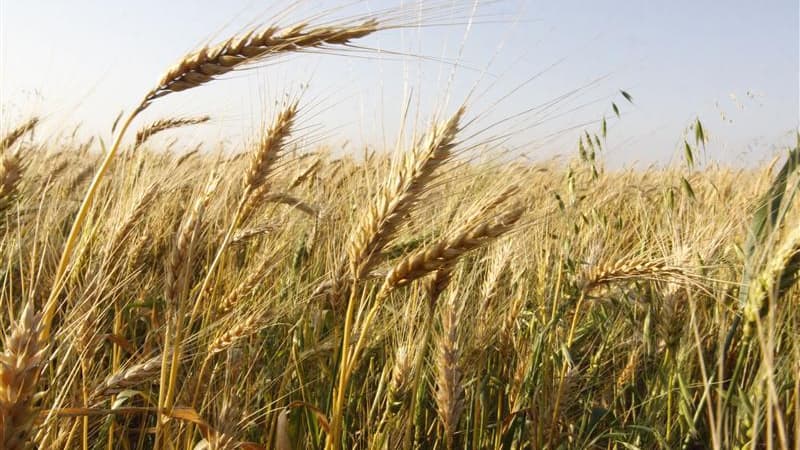Global spending on food imports is expected to reach $1.94 trillion in 2022, an increase of 10% from a year earlier, due to rising prices, the FAO warned on Friday. Along with this increase in food spending, the global import bill for agricultural inputs, including fertilizers, is expected to rise by 48% compared to 2021, warns the Food and Agriculture Organization of the United Nations, that she is concerned about fragile countries already suffering from food shortages. unsafety.
In its biannual “Food Outlook” report, the FAO warns that the consequences will be dramatic for poor importing countries, who will pay more for less. Because if “most of the increase in the bill is attributable to high-income countries”, the latter will also see an increase in the volumes purchased, unlike economically vulnerable countries such as Madagascar, Liberia or Lebanon.
“The overall food import bill for the low-income group of countries is expected to remain broadly unchanged, although it is expected to decline by 10% in volume,” the FAO said. Sub-Saharan Africa, already hard hit by malnutrition, is expected to spend $4.8 billion more on food imports, despite lower volumes. The “growing problem of accessibility of these countries” could announce “the end of their resistance to the rise in international prices,” warns the FAO.
Relieve the “burden” of imports
The general rise in the food bill, aggravated for importing countries by the depreciation of their currencies against the dollar, the main exchange currency in international markets, is directly related to the war in Ukraine -after an initial period of rise attributable to the post -Covid economic recovery. The conflict, involving two agricultural superpowers that accounted for 30% of global wheat trade and 78% of sunflower oil exports before Russia’s invasion of Ukraine, has pushed grain prices to record highs. However, more than thirty countries, net importers of wheat, depend on the two countries (Russia and Ukraine) for at least 30% of their imports.
The opening of a secure shipping corridor has allowed more than 10 million tons of agricultural products to leave Ukraine since August 1, causing prices to fall cautiously on the markets. Another easing factor, world wheat production “should reach a record level of 784 million tonnes in 2022/23”, boosted in particular by harvests from Russia and Canada. But other elements weigh heavily in the balance of poor importing countries, warns the FAO: the world bill for imports of agricultural inputs, especially fertilizers, should reach “424 billion dollars this year, an increase of 48% compared to 2021 “.
At issue: the skyrocketing cost of gas and nitrogen fertilizers, of which Russia was the world’s largest exporter and whose prices tripled in one year. “As a result, some countries may be forced to reduce input applications, which would almost inevitably lead to a decline in agricultural productivity and national food availability,” the FAO said.
The UN body, which sees that the “negative repercussions on world agricultural production and food security will continue until 2023”, has been advocating for months the establishment of a financing facility mechanism for countries highly dependent on imports. The report hails as “an important and welcome step to ease the burden of spending on imported food” the announcement at the end of September by the International Monetary Fund (IMF) of the launch of a “food shock” window, open for one year for low-income states, providing quick access to emergency financing or in the event of a sudden increase in prices.
Source: BFM TV


